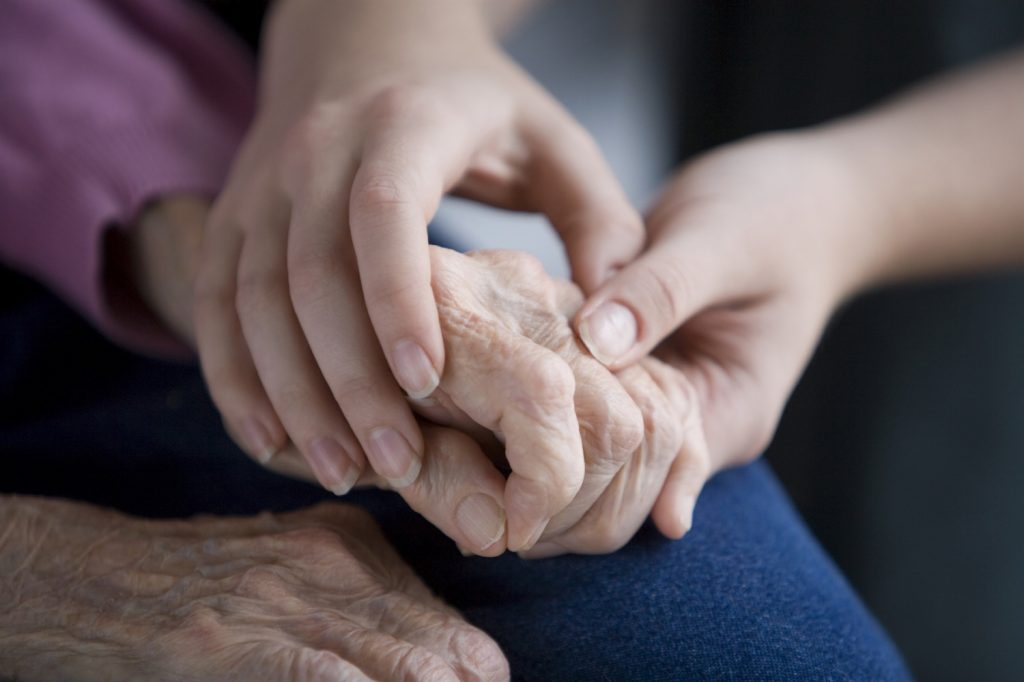Ian Jackson, Medical Director and Clinical Safety Officer at Refero, explains how teaming telecommunications tech with third-sector services could enable joined-up, personalised mental healthcare
Events such as World Mental Health Day have made significant progress in advocating against social stigma, raising awareness, and offering crucial support to those in need. But there is still much work to be done when it comes to delivering effective, consistent, joined-up care through our National Health Service.
NHS England’s mental health five-year forward view highlights the need for patient and clinician engagement; providing the bridge between someone in need of mental health help, and a person to talk to.
Indeed, joined-up care was the essence of the long-term plan, launched by NHS England Chief Executive Simon Stevens back in January. The plan includes ramping up mental health services – particularly for young people – with investment rising faster than the NHS budget as a whole.
Consumer software is not the solution
Making better use of data and digital technology, and providing more convenient access to services and health information for patients, was also stated as a key deliverable in the plan. While the NHS has taken great strides in recent years towards implementing technology that is having a positive impact, it is still falling victim to using systems not fit for purpose. If you take a look at Skype.com – you’ll see it says that the software is not a replacement for your telephone, and it should not be used for emergency calls. We are also all too aware of multidisciplinary team (MDTs) using WhatsApp to discuss patient cases, rather than a more secure communications platform. These systems are not design for the environment they are being used in, and will certainly not help to create joined-up care, long term.
Teleconsultation software – designed for this purpose – creates channels of communication not just between doctor and patients, but between medical professionals across care sectors. It uses techniques that we are all familiar with, like video calling and instant messaging, and makes them NHS applicable, safe and easy to use. The tech enables real-time communications and collaboration between the right people, with the right information, at their preferred locations.
24/7 support: enter the third sector
Currently, in many parts of the country, the NHS struggles to provide 24/7 support to those with mental health issues. The Care Quality Commission found that just half of Community Mental Health Teams (CMHTs) are able to offer a 24/7 crisis service today. So, what happens to patients in distress at the weekend, or in the middle of the night? The intelligence from machine learning can be used to build bridges between healthcare and other life-changing public services; such as mental health.
My thinking is that in order to deliver joined-up, consistent mental health support, the third sector needs to become an integrated part of the support process. If the NHS can’t provide 24/7 aid, then we need to be looking at how we integrate with organisations and charities who can. Third sector organisations can use things like teleconsultation technology to allow them to work as part of the team with visibility of messaging from patients. This not only creates the ability to monitor cases, and hand-over to the most appropriate person to respond, but also the ability to escalate across current care boundaries. They can also have the flexibility to do this from any PC or mobile device.
Having the likes of say, the Samaritans more formally involved in the care process would mean that the cry for help could be automatically routed back to the NHS. Add to this the ability to video link to the patient and we start to increase the support we can provide without needing an immediate face-to-face meeting. The technology behind this is acting as a glue to bring people together.
The other side is the provision of therapies to individuals or groups of patients. This is again a challenge for the NHS due to the lack of availability of suitably trained staff. The use of video technology enabling remote workers to provide therapies to groups of patients online has the potential to help. This concept of one therapist providing teleconsultation therapy to several patients, or as we call it, one to many, could offer increased flexibility, especially where there can be great distances between patients and available services.
Re-energising existing services
In recent years, public attitudes towards mental health have greatly improved. An increased awareness has heightened understanding of an urgent need to act on improving the experiences of people with mental health problems, both within and beyond the NHS. But there is now a need to re-energise and improve mental health care across the sectors to meet increased demand and improve outcomes, and tech is the safe, secure stepping stone to this.
Technology enables new ways of engaging people and connecting them with support services, improving and building upon more traditional ways of working to eliminate the possibility of vulnerable people falling through the cracks at the point where services crossover.
Only by using technology to improve existing ways of working will we see real improvements in how mental health is managed in the future.
By Ian Jackson, Medical Director and Clinical Safety Officer at Refero

